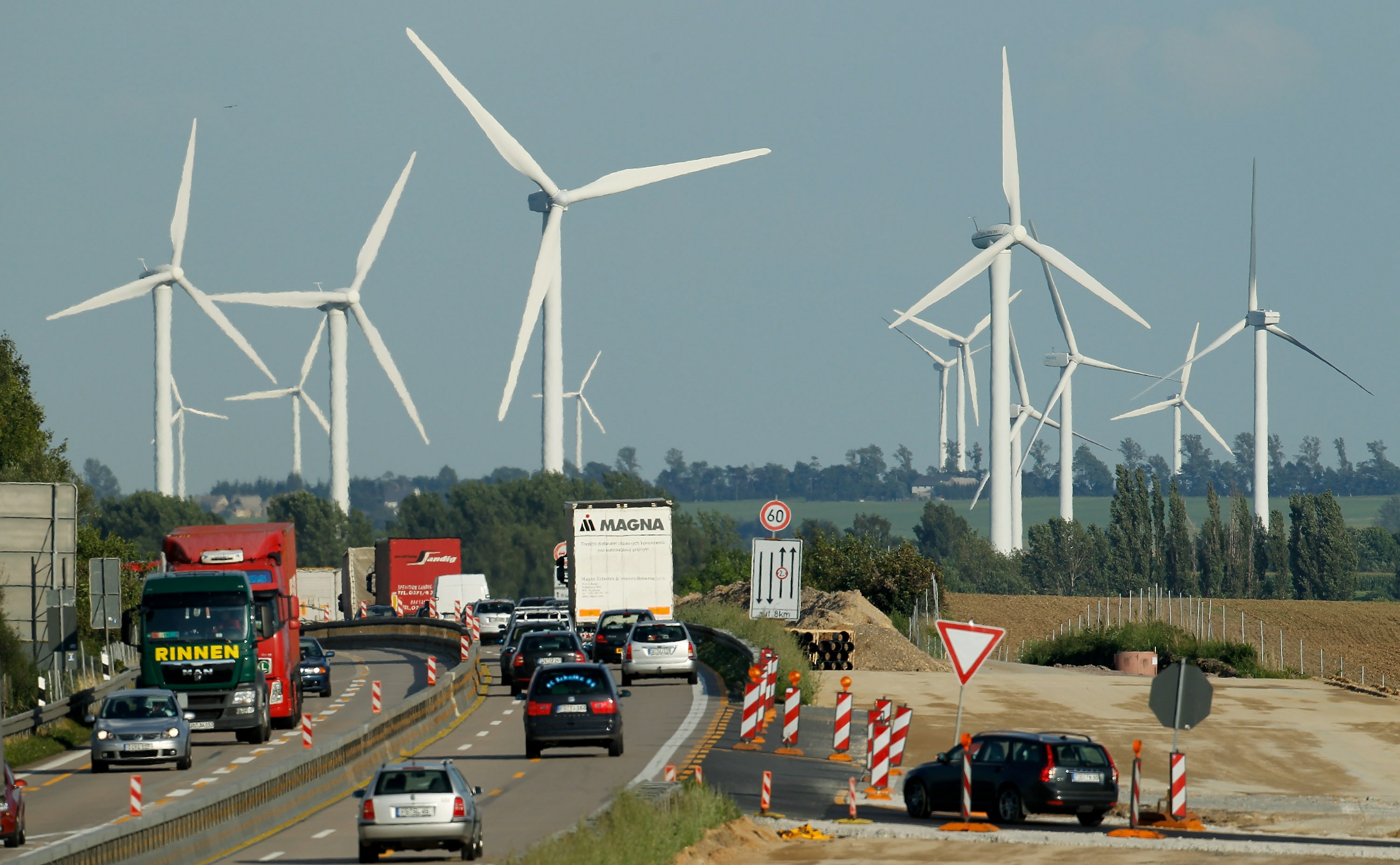Chancellor Angela Merkel hammered out the framework for a deal with state premiers on Wednesday on reforms to Germany’s renewable energy law aimed at curbing the costs and controlling the speed of the future roll-out of green power sources.
After a meeting with the leaders of Germany’s 16 states that stretched into the early hours of Wednesday, the government agreed to limit the expansion of onshore wind at 2.8 gigawatts in capacity per year, equivalent to about 1,000 wind turbines.
In addition, only a certain amount of new capacity will be permitted in north Germany to avoid overburdening the electricity grid, Reuters reported.
“We have come a long way,” Merkel told reporters following the meeting.
Saxony-Anhalt Premier Reiner Haseloff spoke of a “breakthrough,” while his counterpart in Bremen, Carsten Sieling, said they had covered 90% of the ground.
Generous green subsidies have led to a boom in renewable energy, such as wind and solar power. But the rapid expansion has pushed up electricity costs in Europe’s biggest economy and placed a strain on its grid.
The latest reforms are aimed at slowing the growth in renewables, which accounted for around a third of Germany’s electricity last year.
With the government sticking to its target for an increase in the share of renewable sources to 40 to 45% of total electricity production by 2025, it will have to put the brakes on growth to avoid overshooting.


